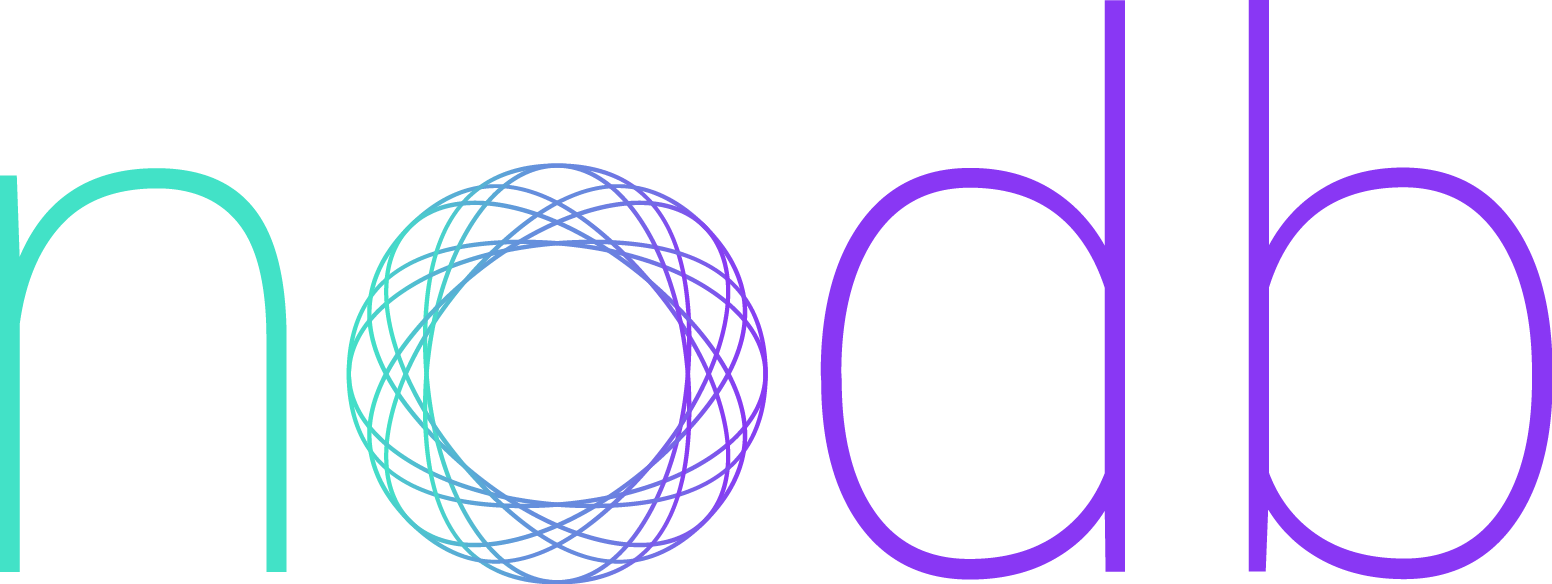SQL array comprehensions in Go. 

- Great for complex in-memory caches, or in-memory joins across various datastores
- Development faster than in-memory DBs: no table creation, inserts, IPC, CGO or de/serialization
- Sort Easily: "ORDER BY last_name, importance DESC"
- Every struct is a table row. A (slice OR chan) of them is a table. -- chan tables will cache to a slice as needed. (Today to avoid caching, it needs to be the first table & no subsequent Right join)
- Pass in & use any func. time.Time is your time format.
- Use any types you want, just provide & use the functions you needed.
Example:
// Lets thank our 10 biggest customers this month:
var results []struct{
Name string
Email string
MonthlyTotal float64
}
err := nodb.Inline(&results,
"SELECT name, email, SUM(o.total) AS monthlyTotal",
"FROM", customer,"AS cust JOIN", order,"AS o ON cust.id=o.custID",
"WHERE o.whenCompleted > ", time.Now().Add(-30*24*time.Hour),
"GROUP BY cust.id",
"ORDER BY monthlyTotal DESC",
"LIMIT 10")
// If no error: the results' structs will contain shallow-copies of their elements.
DB Driver method:
import "github.com/snadrus/nodb"
...
// Once:
nodb.Add("myTable", []ABC{{1, "hello", 1.0}, {2, "db", 2.0}, {3, "world", 3.0}})
connection := sqlx.MustConnect("nodb", "cache")
// As-Needed:
var results []ABC
err := connection.Select(&results, "SELECT * FROM myTable WHERE C > 1.5")
fmt.Println(results) // []ABC{{2, "db", 2.0}, {3, "world", 3.0}}
Benefitting:
- no-Join policy scenarios (like Cassandra): ACID your way.
- SQL in caches
- Building your own DB.
FAQ:
- Dual License
- BSD or commercial license.
- Why are nodb.Do results not saved?
- Results reach the destination by name. Use an "AS" to select the destination field.
- How compatible?
- Common parts of ANSI SQL. It's right or will error. Case-insensitive query of public members. See TODOs for omissions
- How extensible?
- Add functions per query Obj & use them anywhere in the query.
- How can I help?
- Open a bug in github.org/snadrus/nodb and send a merge request.
- Types?
- Are GoLang types. Pass-in functions: func Hour(t time.Time) int { return t.Hour() }
- Time renders as UnixNano() for comparison/arithmatic/etc including time.Duration
- Where did this come from?
- It's the personal efforts of Andrew Jackson who also had the idea.
- How fast really?
- It is in-memory & pipelined for multicore. Correctness first, query planning second.
- 30-year-optimized DBs mostly win with on-disk layout & permanent indexes. Neither makes sense here.
- Lots of work is possible in query planner stage to make use of special circumstances.
- Memory Risk:
- Object copying isn't light. GROUPBY/DISTINCT/ORDER_BY is even heavier.
Design: (the first?) 100% Go SQL engine Go libs for SQL parsing and interface{} evaluating. Native GoLang libs for all else: reflect, sort, template (functions) Process:
- Rich "Rows" are formed of all joined, renamed, calculated data for a source row
- Processing occurs on these.
- SELECT rows (just requested data) are formed.
- The SELECT rows are mapped back to the destination by name Closures are the greatest! The setups return functions that have context.
Recently Added:
- Subqueries
- chan (struct) Tables. If it's the first table, it also won't cache
- SELECT count(distinct __)
- DISTINCT (whole SELECT row)
TODO:
-
Functions in WHERE clause -- Needs parser upgrades to be used in WHERE clauses
-
Perf: -- WHERE clause per-table first IF this table is involved in it. -- MAPS for ON relation (presume unique, work if not unique)
-
Parentheses joins. Build a joinElement without a left, but keep its append order
-
NULL (nil) support is wonky at best. Avoid if possible.
-
TODOs in the code.
-
Functions on objects: Hour(t) --> t.Hour() -- Needs parser upgrades to be used in WHERE clauses
-
DB Proxy (Cassandra or a variety at once) -- SubQueries + mmap for JOIN/GROUP intermediaries
-
OPTIMIZATION: Per-table elimination of rows without all data available: -- THEN: make errored expr.E returns include partial eval. <-- bad idea. No way to combine. Overhead
-
OPTIMIZATION: RowMap["1Prototype"] pointing to previous map. Reduces join effort. BETTER: have a .GetValue("name") function that works on all the various types.
-
OPTIMIZATION: index idea: zeroed index will represent position offset to real table values, so all zeroes is "this order". Then we are free to sort using govaluate to build an index on-the-fly without painful/risky reordering. Indexes are great for groupby fields: walking them in sorted order means no memalloc
-
OPTIMIZATION: expr needs return a rollup of what tables a subexpression uses.
- Inv of constant. Use to determine if needs re-eval
- Aides planner in slicing-up processing
- OPTIMIZATION: pre-determine the table rows that match the WHERE query.
-
Planner v2: run short-circuit expr, then recurse. Medium: just left-align those with indexes. leftist for 1 channel
-
Joiner: hard-version:
- if you're an inner loop, consider marking those you skip
- if unsorted & "equals" join, map or sort
-
MEM exhaustion risk: group/distinct/orderby mmaped hashes. (MEDIUM)

